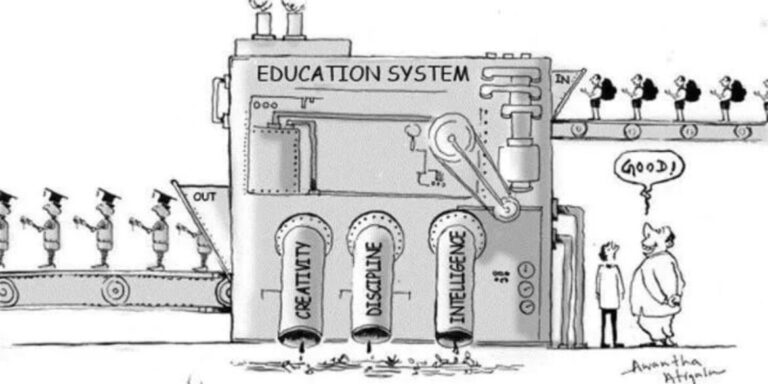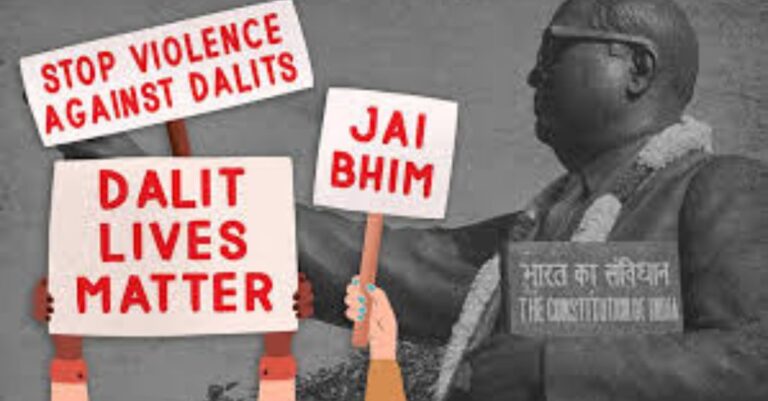“Come, oh sweet Death, and deliver me from my neighbours who looked upon me as a stranger because I interpret to them the language of the angels. Hurry, oh peaceful Death, and carry me from these multitudes who left me in the dark corner of oblivion because I don’t bleed the weak as they do. Embrace me, Oh Death, full of love and mercy; let your lips touch my lips which never tasted a mother’s kiss, not touched a sister’s cheeks, not caresses a sweetheart’s fingertips. Come and take me, my beloved Death.”
Khalil Gibran, “A Poet’s Death is His Life” in A Tear and A Smile (1914)
The poet’s wish is fulfilled. Death ‘embraced’ the dying poet and ‘closed his eyes so he could see no more, except with the eyes of the spirit.”
The poet is lamenting. Apparently, he is lamenting for he is an orphan who has never tasted a mother’s kiss, never touched a sister’s cheeks, never caressed a beloved’s fingertips. He inhabits in a loveless world. He does not know a mother’s love, a sister’s affection, a sweetheart’s heart.
But if we closely follow the poet’s words, we find two distinct causes behind his heart-felt wish for death. Firstly, his neighbours hated him as a stranger for he delivers to them ‘the language of the angels.’ Secondly, the people surrounding him forgot him as he does not ‘bleed the weak as they do.’ So, the poet is punished by his people not for any wrong he has committed to anyone. He is punished for he speaks the language of love and compassion. He is punished for he refrains from harming the weak, the underdogs, the vulnerable.
To be precise, the poet appeals Death to embrace him for he feels that he is isolated and forgotten in a world where might is right, where the language of violence is a proven champion, where the weak lives at the mercy of the powerful. The poet is hurt. The poet is sad. The poet is powerless before the killers. So, he turns inward and takes the easy path of escape from the appalling reality, ‘As he salvaged the remnants of his withering strength he lifted his hands heavenward; he moved his eyes hopelessly, as if wanted to penetrate the ceiling in order to see the stars from behind the veil clouds.’
The poet is not old, ‘In a dark recess of that hovel was a poor bed in which a dying youth was lying, staring at the dim light of his oil lamp, made to flicker by the entering winds. He is a man in the spring of life who foresaw fully that the peaceful hour of freeing himself from the clutches of life was fast nearing.’
In the end, the poet died a peaceful death. His hut was empty. Only some parchments and papers were strewn on the floor. The sight is indicative of the poet’s lonely life, a ‘bitter futility’ in exercising his creative prowess. Hundreds of years later, the ignorant people recognized the poet whose writings freed them from their deep slumber of ignorance, and in his honour ‘they erected a monument in the most beautiful garden of the city’ and celebrated a feast for him in every year.
In another poem, ‘Peter on the Neighbour’ the poet is advised by his Lord to have a belief that ‘Your neighbour is your other self dwelling behind a wall,’ ‘your neighbour is your better self wearing another body,’ ‘your neighbour is a field where the springs of your hope walk in their green garments…,’ ‘Your neighbour is a mirror wherein you shall behold your countenance made beautiful by a joy which you yourself if not know, and by a sorrow you yourself did not share.’ But the poet is not convinced. He is hesitant in accepting his Lord’s advice. So, he put, ‘How can I love a neighbour who loves me not, and who covets my property? One who would steal my possessions?
And He answered, when you are ploughing the seed, would you look backward to flight a sparrow feeding upon a few of your seeds? If you do this, ‘you were not worthy of the riches of your harvest.’ The poet was now ashamed, and he was silent. He is freed, and the Lord smiled upon him.
What is to be learnt from the two poems ‘Peter on the Neighbour’ and ‘A Poet’s Death is His Life’ today? Does art make one nobler, inclusive and compassionate? Does poetry teach anything?
Does a poet have something serious to say in the age of imperialism where corporations rule the world and millions are enjoying the life of a happy slave under this or that prized designations, where deaths is a reality of each and every second, where killings is a specialized field of research and technological advancement, where manufacturing and selling weapons of mass destruction makes democracies more muscular, where the rich becomes richer and the poor poorer, where literatures and literary theories have increasingly been a mere academic exercise among the scholarly fraternity that have hardly any relevance to material bases of our societies, where zillions of papers are being published in millions of reputed academic journals to save our earth and its inhabitants but in vain, where peoples have been divided in the name of nationality, religion, class, caste, language etc., where to speak is to be punished, where the best go to the jails, and the worst hold all the keys to our fate….Such wheres can be multiplied, but that multiplications will hardly lessen the sorrow of the multitudes.
So, I stop but with a hope, following Gibran, that in a time of extreme hostility and trust-deficit among our neighbours, a neighbour with all her toxicity, so to say, should be loved as our other self, and the people should not punish a poet for not walking on the path of violence.
(First published in the Countercurrents)




